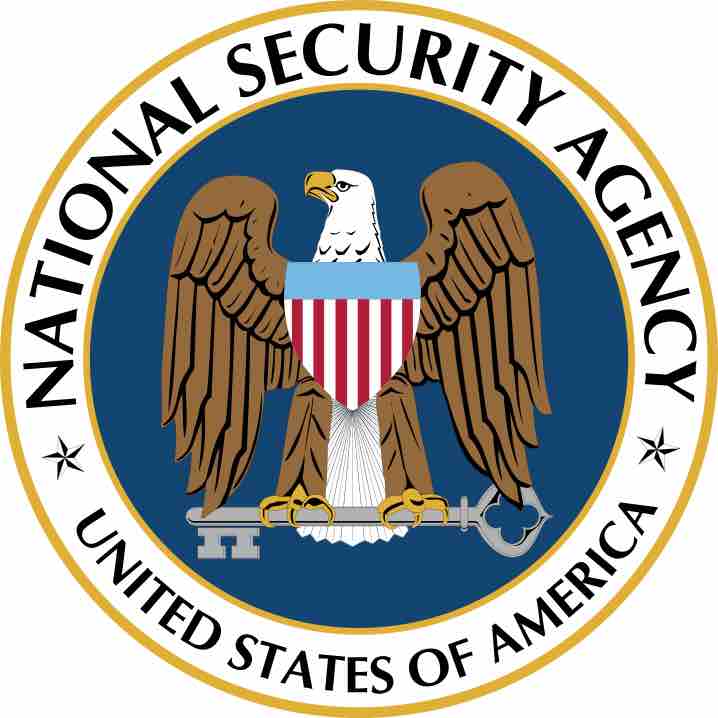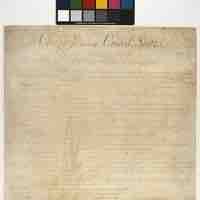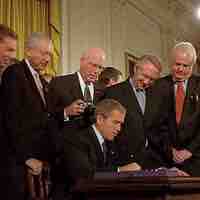Section 6
Terrorism and Security
Book
Version 13
By Boundless
By Boundless
Boundless Political Science
Political Science
by Boundless
5 concepts

The First and Fourth Amendments and Issues of Terrorism and Security
Issues on privacy created new grounds for citizens to battle the constitutionality of security policies enacted after September 11th.

The Right to Due Process
Due process rights provides legal protections while a citizen is charged by the courts and other legal procedures.

Roving Wiretaps
A roving wiretap is a wiretap specific to the United States that follows the surveillance target across his or her private communications.

The PATRIOT and Freedom Acts
The controversial Patriot Act was enacted following September 11 to protect national security, and allows the government extensive power over surveillance.

National Security Agency Surveillance
After 9/11 attacks, the United States government passed and extended policies of surveillance for public citizens.